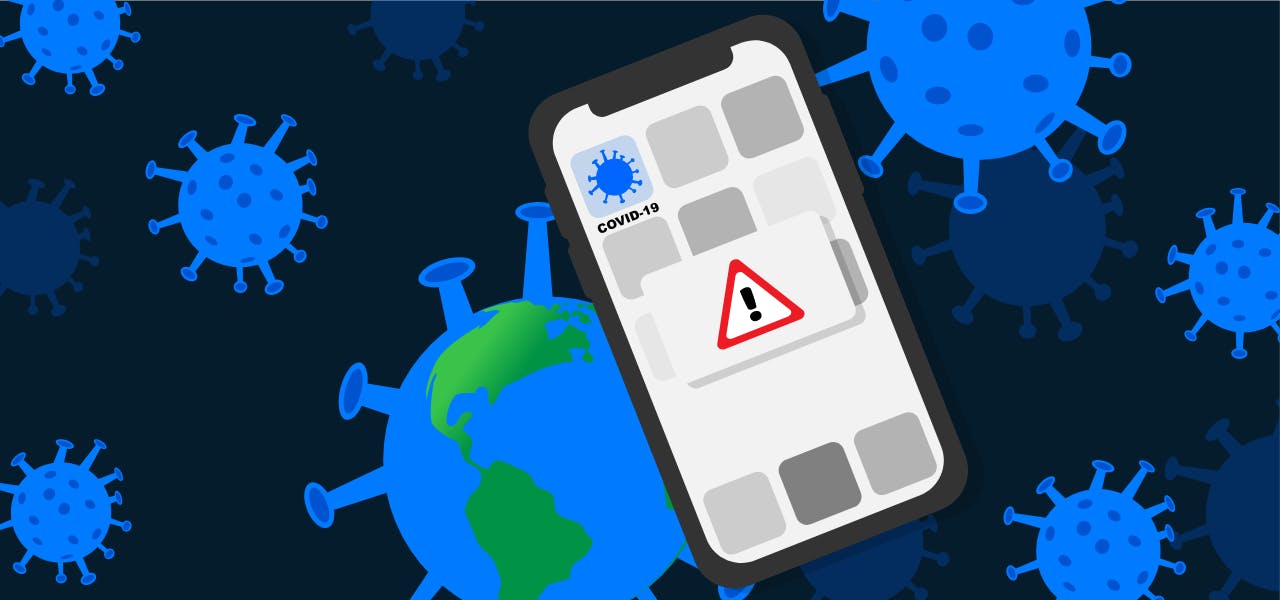In order to curb the spread of Covid-19, certain measures have been put in place by governments as well as local authorities such as social distancing, car-free zones to reduce congestion in major urban centers, and public health advocacy campaigns to constantly remind people to wash their hands. But there’s still a lot of variability with Covid-19, the virus that is seemingly undetectable in public, and sometimes these measures are too static—they don’t incorporate rapid changes in daily movements.
That is in part why the virus is still multiplying and creating new hot spots in the U.S. for example, with Florida being the new epicenter. Citizens are finding new ways to infect themselves and the random nature of this virus is not under control, yet. Thus even with social distancing and wearing masks whenever we walk into essential stores, perhaps there is more we can do as a society to trace this virus and keep it under control.
Systems thinking, technology, and contact tracing apps
Adopting technology that incorporates systems thinking would be a good start. Already Google and Apple have formed a partnership in launching some types of contact tracing apps for both Android and iPhone. But one of the biggest problems in many countries is still not having a real-time alert system whenever someone brushes past us.
Such variability that is simply part of the “new normal” of living in a society with Covid-19 can be addressed by new mobile applications that alert us in such real-time fashion. Singapore has taken the lead on such an initiative with its pioneering app TraceTogether. This brand new technology that was launched by the Singaporean government in partnership with their Ministry of Health is proving to be advantageous against the spread of the virus.
TraceTogether works by exchanging short-distance Bluetooth signals between phones to detect other participating TraceTogether users in close proximity. Records of such encounters are stored locally on each user’s phone.
According to a statement by the Smart Nation Office under the PMs office in Singapore, there are about 1.8 million people who have downloaded the TraceTogether app, although some critics say that it’s still not enough users, as the app does not currently cover the digitally excluded population including elderly and young children who might not have smartphones.
Early Adoption, User Behaviors, and Thinking Ahead
Similar technology could be useful elsewhere in the world. It represents a shift from simply getting news updates on our iPhones or Androids regarding editorials of new hotspots and case counts in different regions. Instead, the Bluetooth technology or something similar really translates to a new personal awareness and perhaps learned behavior for how to go about dealing with such a pandemic.
Instead of following the trends and news about where there are outbreaks and where there are relatively few cases, apps like TraceTogether create a sense of personal responsibility that shifts thinking about COVID from just a geographic and cultural perspective to an individual one. Constantly having a Bluetooth tracker switched on might cause some stress and run your iPhone battery faster, but it also helps create a sort of ethical movement that complements mask-wearing and washing your hands.
Once these mobile applications become mainstream elsewhere, it is really up to consumers to adopt early—as more people on the App means a more inclusive network of an entire community will be able to be traced, recorded, and stored digitally. Thus reaching peak effectiveness means that people need to adopt the App without thinking that it is unnecessary to do so in the first place.
